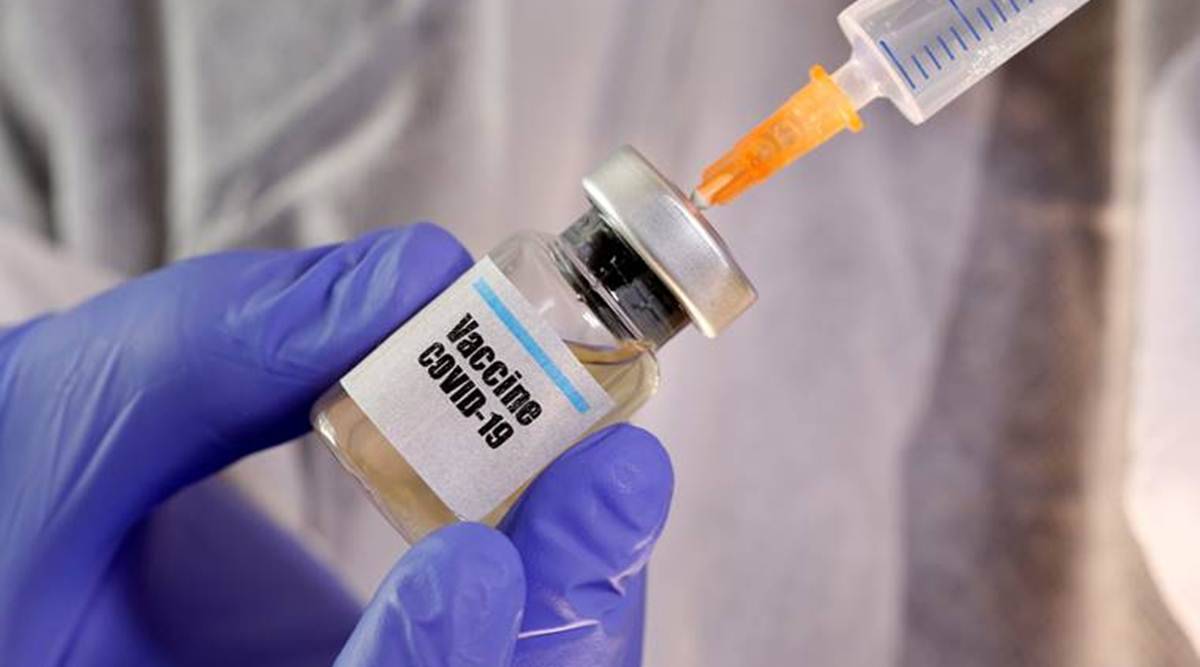 ZyCoV-D showed safety and efficacy in a late-stage trial with more than 28,000 volunteers across the country
ZyCoV-D showed safety and efficacy in a late-stage trial with more than 28,000 volunteers across the country Zydus Cadila, the Ahmedabad-headquartered pharmaceutical company, has approached India’s top drug regulator for restricted emergency approval for ZyCov-D, its three-dose Covid-19 vaccine.
If approved for use, this would be the world’s first DNA vaccine against Covid-19.
The vaccine, which was tested in late-stage human clinical trials involving over 28,000 participants, has been found to have a primary efficacy of 66.6 per cent so far — this means it was able to bring down symptomatic cases of Covid-19 in those who received the vaccine by nearly 67 per cent compared with those who did not receive a vaccine.
Even though this efficacy is lower than that of most other Covid-19 vaccines approved in India, the strength of ZyCov-D lies in its effectiveness against the Delta variant of the virus, Zydus Cadila managing director Dr Sharvil Patel said.
“The study was performed at 50 different clinical sites spread across the country during the peak of the second wave of Covid-19, which reaffirms the vaccine’s efficacy against the new mutant strain, the Delta strain,” Patel said at a press conference on Thursday evening.
The company is testing the vaccine against other variants of concern and interest and, depending on the results and whether these other strains become more infectious or virulent, will decide whether to “upgrade” the vaccine.
Almost 27.61 crore people have been inoculated with at least one dose of vaccine in India so far, the bulk of them being Serum Institute of India’s Covishield. A little more than 28.61 lakh shots were administered on June 30, but vaccinations have averaged over 55.6 lakh doses every day over the 10 days since June 21, when the new vaccination policy kicked in.
Zydus Cadila has also tested ZyCov-D’s safety and ability to prompt an immune response in a trial involving 1,000 adolescents between the ages of 12 and 18 years. However, it is unclear at this stage whether the company is pushing for approval for this age group.
How ZyCov-D works
ZyCov-D uses a “plasmid DNA” platform containing a genetically engineered version of a type of DNA molecule that contains the code for the spike protein, which allows the SARS-CoV-2 virus to infect cells and cause disease, thereby helping the body build an immune response.
“I think with the amount of science and data that we have, we would look to see what the regulators feel for both age groups, 12-18 and 18 and above,” Patel told The Indian Express, adding that the company “still” had to do some work to show the immunogenicity of the vaccine in adolescents.
The company has also been evaluating the possibility of using a two-dose regimen of ZyCov-D, stating that it had found this dosing regimen to prompt an immune response “equivalent” to the three-dose regimen.
Two doses of ZyCov-D might be sufficient to prevent severe disease and death, but three doses may be required in order to prevent moderate symptoms of Covid, as per the company’s interim analysis of its clinical trial results.
Around 79 to 90 RT-PCR confirmed positive Covid-19 cases were studied in this interim analysis, Patel said.
Zydus Cadila plans to produce 100 million-120 million doses of ZyCov-D annually — which would be sufficient for up to 40 million people receiving three doses. The company’s new facility to manufacture the vaccine is expected to be ready by the end of July, Patel said.
“We have not stockpiled…on the smaller scale we are going to try to produce around four to five lakh doses. As soon as our facility starts running…we believe we can start from mid-August to have a run rate of around 1 crore doses per month,” he said.
The company expects to supply 50 million doses of ZyCov-D to India by December. This is in line with the Centre’s recent submission to the Supreme Court that ZyCov-D would account for 50 million of the 1.35 billion doses to be supplied to India between August and December this year.
ZyCov-D works using a “plasmid DNA” platform — it contains a genetically engineered version of a type of DNA molecule known as a plasmid.
Similar to mRNA vaccines, the plasmid DNA contains the code for the spike protein that allows the SARS-CoV-2 virus to infect cells and cause disease. This is expected to help the body build an immune response.
The vaccine is also unique in its delivery mechanism — it uses a device that does not require a needle to deliver the vaccine solution into the body.
Zydus Cadila’s Patel said DNA vaccines are “by nature non-infectious, because they don’t have any viral vectors associated with toxicity, and so they offer minimum risk to vaccine-enhanced diseases because of non availability of any infectious agents in them”.
- The Indian Express website has been rated GREEN for its credibility and trustworthiness by Newsguard, a global service that rates news sources for their journalistic standards.

